In 1983, students in a Journalism II class at Hazelwood East High School wrote stories about teen pregnancy and divorce for their school newspaper, The Spectrum. But when their principal reviewed the issue, he decided to withhold these articles from publication. The censored students took the issue to court, and in 1988, the United States Supreme Court ruled that school officials could legally prevent the publication of articles in school-sponsored newspapers. Thus, they condoned the silencing of many high school student journalists nationwide.
Hazelwood East High School is just a 30-minute drive from our school. At Parkway West, the newspaper is student-run. We publish articles on controversial issues because, as our editorial policy states, our journalism has been established as “designated public forums for student editors to inform and educate their readers as well as for the discussion of issues of concern to their audience.” Thus, we feel it is our duty to shed light on contentious topics that interest both our writers and our readers. Furthermore, unlike many student newspapers, the Pathfinder is not subject to prior review before publication by administrators. But while we are thankful to have supportive school officials, many students nationwide are not so lucky. So, we are all too aware that we depend on the support of administrators, teachers and readers to have a platform where we can share our stories and opinions.
Last week was National Scholastic Journalism Week. We hope to commemorate student press and advocate for the freedom to cover important causes and share unrepresented stories. This is what student press freedom means to us:
Journalism Adviser Debra Klevens
“Student press freedom means that I do not dictate what my students write about. Rather, I give them the opportunity to share what’s on their mind and communicate with their community about the things that matter most to them. Of course, what matters to me might not be the same thing that matters to you. I truly believe that in this world we should all be able to advocate for what we believe in.”
Sophomore Samir Shaik, Staff Writer
“Student press freedom means being able to speak, not without consequences of course, [but] without fear of being censored. It makes a more well-rounded publication if you cover the good, bad and ugly. I joined [journalism] because I like to write and cover topics for the school. I like to get my voice out and be heard by people. I’m not afraid to cover topics that might be touchy.”
Junior Emily Early, Features/Multimedia Editor
“Student press freedom is about expression. If we aren’t able to express our opinions and speak up for what we believe in, then what is the point of writing? It is our chance to enact change and have a voice as students. I am grateful to get the opportunity to write what I want to write and say what I want to say. It is what journalism is all about.”
Senior Ashlyn Gillespie, Deputy Managing Editor-in-Chief
“Student Press Freedom means that I, as an editor, may not actually agree with everything I edit and post, but that’s the point. I have the privilege to write about all that I want to write about, and I have the privilege of seeing other students write about what they are passionate about. I am very grateful that we live in a country and are students at a school that allows us to speak our minds and raise our voices publicly.”
Junior Elizabeth Franklin, Opinions and A&E Editor
“Student press freedom is the ability to write what I want without anyone censoring me, whether that be the school administration or the government. It’s really important because we get to write the truth as journalists, and we get to tell our own truths without anybody trying to censor it or getting in the way of telling that truth. I like to tackle controversial issues and topics. I really enjoy digging deeper and being in-depth with a lot of my pieces to explore some of the topics that aren’t as talked about.”
Sophomore Gianna Lionelli, Staff Writer
“[Student press freedom] is giving students a platform to speak about their opinions on whatever is happening in the world, school or our community. It’s cool that our school has the Pathfinder because our newspaper is one of a kind. It has such great opinions and such great voices.”
So…
As student journalists, we are working to provide our community with knowledge about current events and to shed light on information otherwise overlooked. However, there will always be others trying to restrict student journalists’ and journalists’ power, hence our need to be aware of any opposition to our freedoms and fight to maintain them.
So, donate to our publications, leave respectful feedback and back us up when censorship issues inevitably arise. Teen journalists are journalists, and journalists are a vital part of society. Treat us as such.



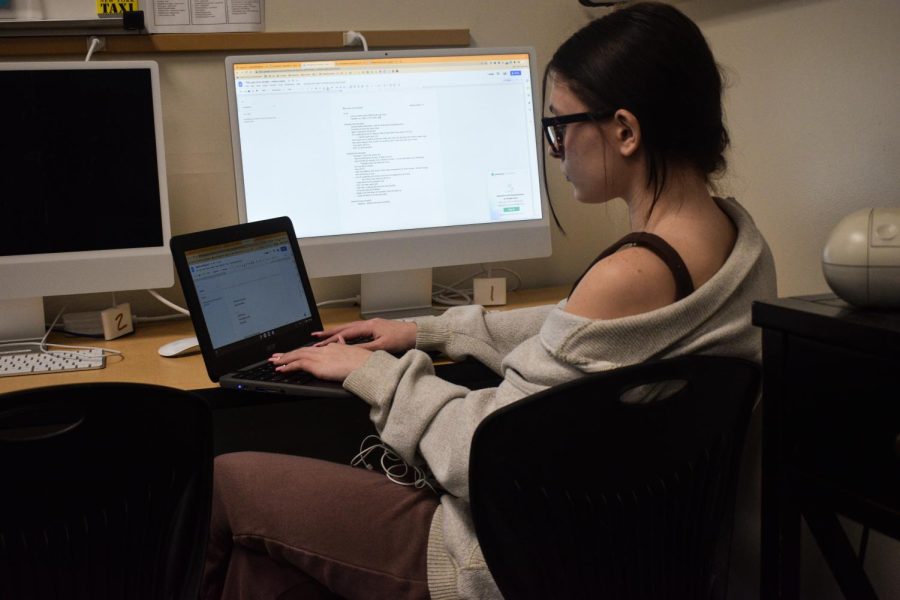
![Sophomore Maryem Hidic signs up for an academic lab through Infinite Campus, a grading and scheduling software. Some students enjoyed selecting their responsive schedule in a method that was used school-wide last year. “I think it's more inconvenient now, because I can't change [my classes] the day of, if I have a big test coming and I forget about it, I can't change [my class],” sophomore Alisha Singh said.](https://pwestpathfinder.com/wp-content/uploads/2025/10/DSC_0012-1200x801.jpg)
![Senior Dhiya Prasanna examines a bottle of Tylenol. Prasanna has observed data in science labs and in real life. “[I] advise the public not to just look or search for information that supports your argument, but search for information that doesn't support it,” Prasanna said.](https://pwestpathfinder.com/wp-content/uploads/2025/10/DSC_0073-2-1200x800.jpg)
![Junior Fiona Dye lifts weights in Strength and Conditioning. Now that the Trump administration has instituted policies such as AI deregulation, tariffs and university funding freezes, women may have to work twice as hard to get half as far. "[Trump] wants America to be more divided; he wants to inspire hatred in people,” feminist club member and junior Clara Lazarini said.](https://pwestpathfinder.com/wp-content/uploads/2025/05/Flag.png)
![As the Trump administration cracks down on immigration, it scapegoats many immigrants for the United States’ plights, precipitating a possible genocide. Sophomore Annabella Whiteley moved from the United Kingdom when she was eight. “It’s pretty scary because I’m on a visa. When my visa expires next year, I’m not sure what’s going to happen, especially with [immigration] policies up in the air, so it is a concern for my family,” Whiteley said.](https://pwestpathfinder.com/wp-content/uploads/2025/05/DSC_0077-7copy.jpg)
![Shifting global trade, President Donald Trump’s tariffs are raising concerns about economic stability for the U.S. and other countries alike. “[The tariffs are] going to pose a distinct challenge to the U.S. economy and a challenge to the global economy on the whole because it's going to greatly upset who trades with who and where resources and products are going to come from,” social studies teacher Melvin Trotier said.](https://pwestpathfinder.com/wp-content/uploads/2025/05/MDB_3456-1200x800.jpg)



![Some of the most deadly instances of gun violence have occurred in schools, communities and other ‘safe spaces’ for students. These uncontrolled settings give way to the need for gun regulation, including background and mental health checks. “Gun control comes about with more laws, but there are a lot of guns out there that people could obtain illegally. What is a solution that would get the illegal guns off the street? We have yet to find [one],” social studies teacher Nancy Sachtlaben said.](https://pwestpathfinder.com/wp-content/uploads/2025/01/DSC_5122-1200x800.jpg)
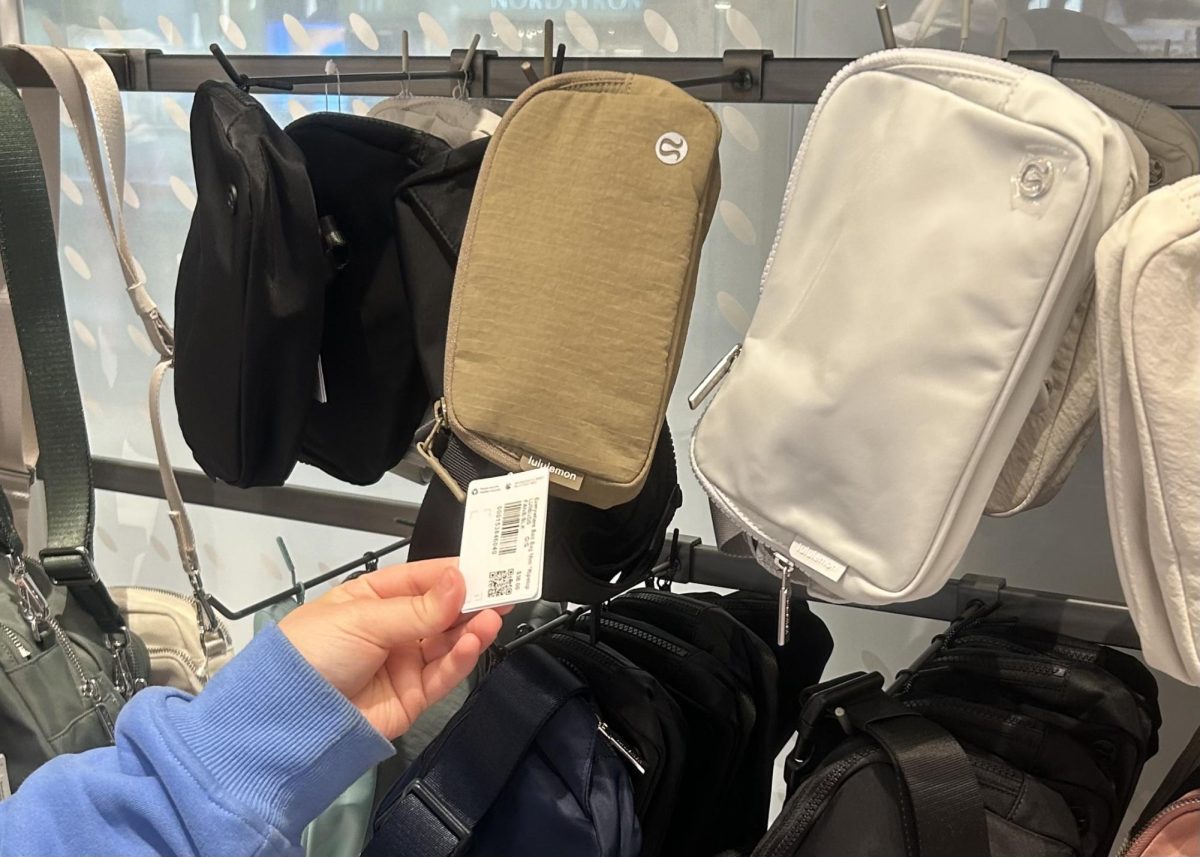
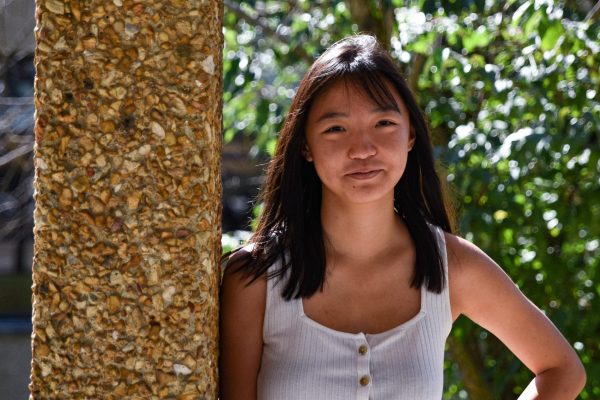
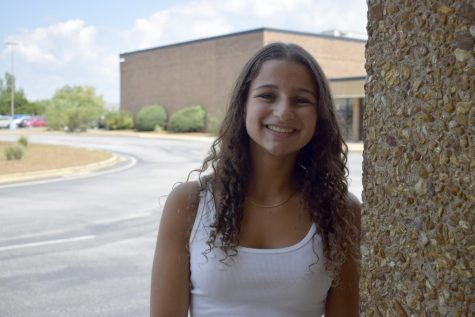
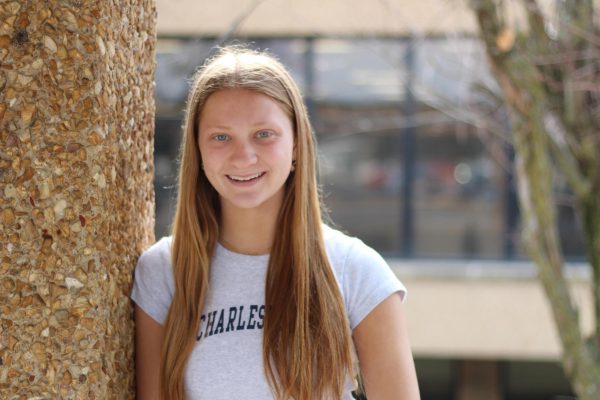
Will Gonsior • Feb 27, 2023 at 5:17 pm
I like that West authors and editors get freedom to write about what they want to write about. However, I do agree with the former SCOTUS that the school should at least be able to withhold the publication of articles in its newspaper. These articles have the school’s name on it, and what is said in them represents the school. Racism is just one viewpoint that is just too plain wrong to go into anything with a web domain that starts with “pwest.” I support freedom of speech, but when you speak in the name of others, they should be allowed some choice in what you say.